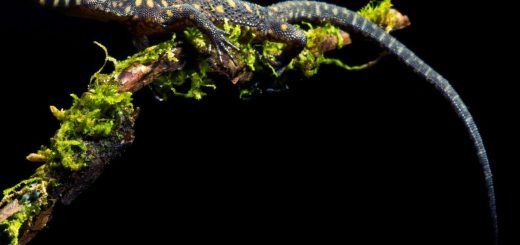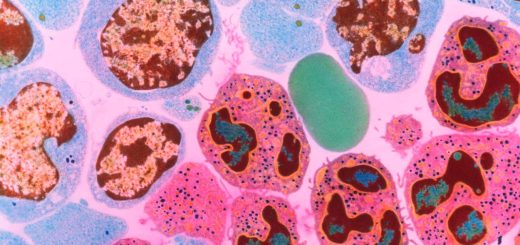Human milk could help fight infections that endanger pregnancies
The prebiotic properties of human milk could be harnessed to treat a bacterial strain known to cause problems for immunocompromised people – and trigger premature birth
By Meagan Mulcair
30 July 2025
Streptococcus bacteria are responsible for vaginal and urinary tract infections and newborn infections
CAVALLINI JAMES/BSIP/Universal Images Group via Getty Images
A type of sugar in human milk could help treat a common strain of Streptococcus bacteria, which can complicate pregnancies when it infects the vagina.
Read more
Evidence grows for dramatic brain remodelling during pregnancy
Human milk remains understudied. “This is the second most important liquid in the universe after water, and we don’t know much about it,” says Steven Townsend at Vanderbilt University in Tennessee.
Researchers are just beginning to unpack the properties of helpful sugars found only in this substance: human milk oligosaccharides, or HMOs. Although they were once thought to be random sugars, recent studies suggest they are extremely effective prebiotics, “kind of like personalized medicine” for newborn babies, says Townsend.
Previous studies on HMOs have focused on how they might benefit the gut microbiome. Townsend and his team decided to instead study their effect on the vagina. They wanted to better understand how HMOs may help regulate the proportion of healthy bacteria and potentially dangerous Group B Streptococcus, or GBS.
“Group B Strep is a bacteria that all of us have,” says Townsend. “It typically is going to cause us no harm, and we’re not even going to know we have it.” However, GBS can cause disease in immunocompromised people, including pregnant women and newborn babies. During pregnancy, GBS in the vagina can cause a variety of problems, like preterm birth. For this reason, pregnant people with vaginal GBS infections are typically treated with antibiotics.


